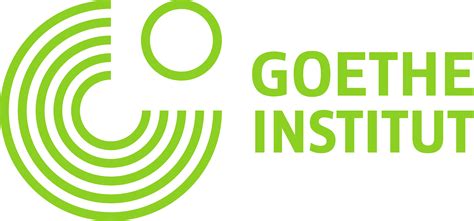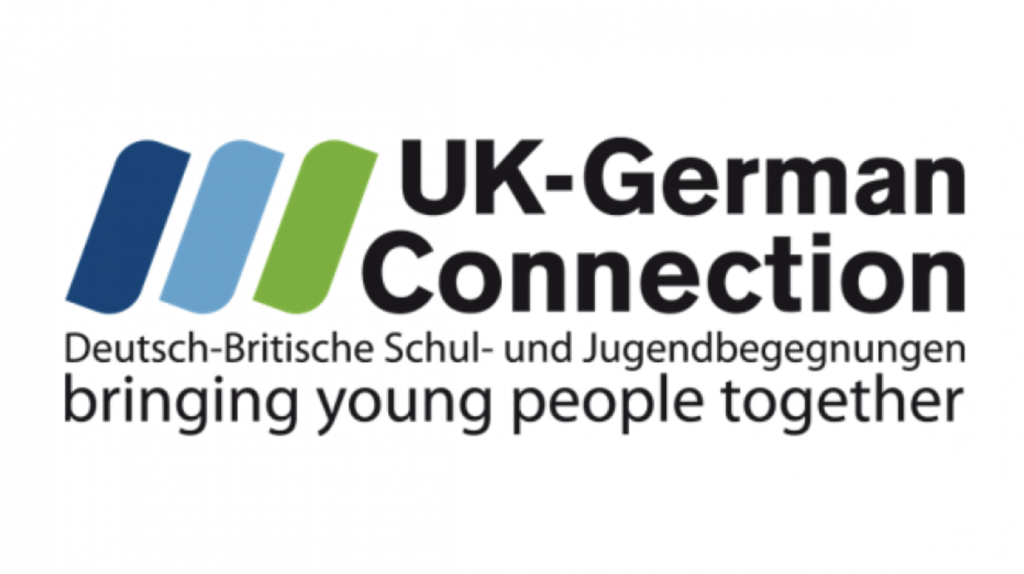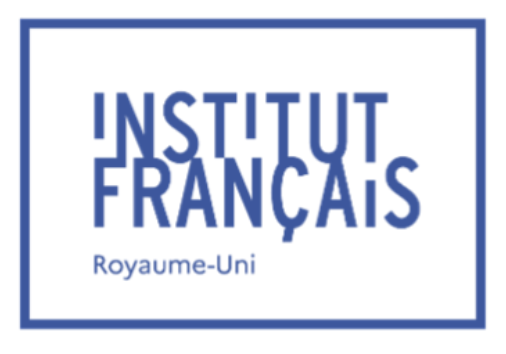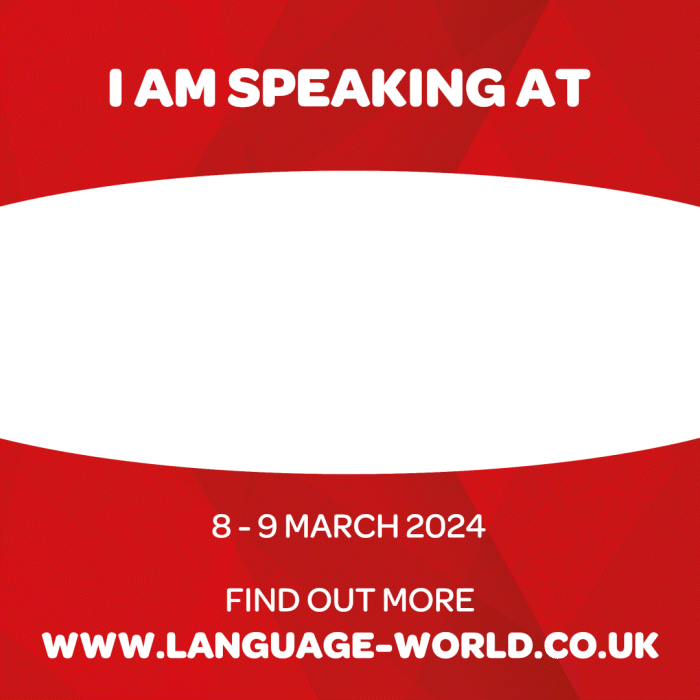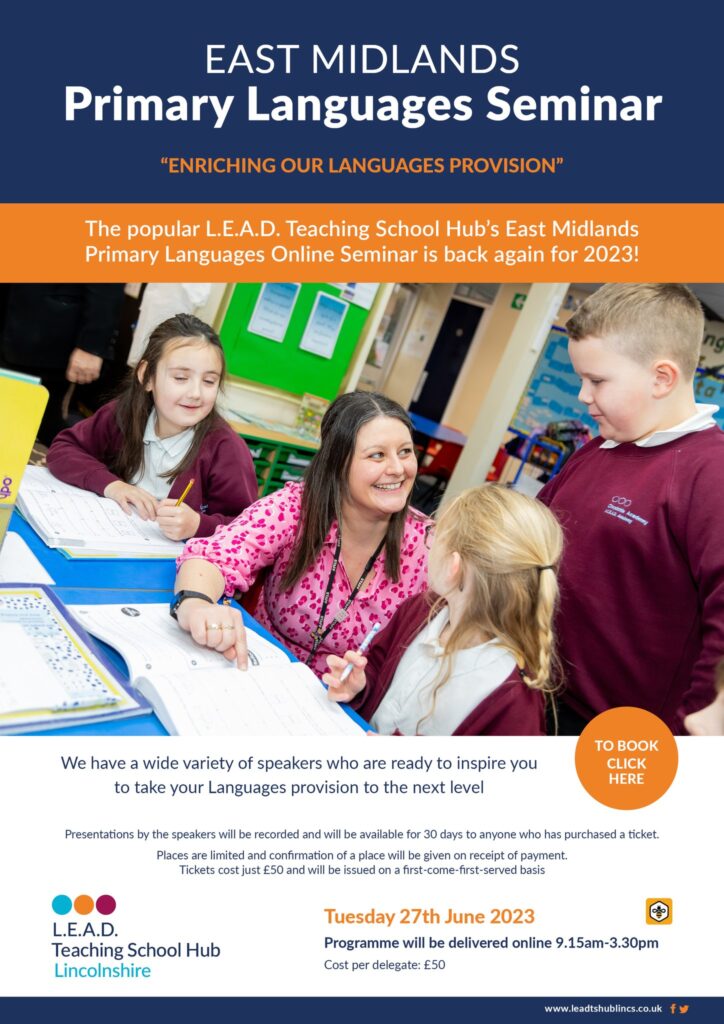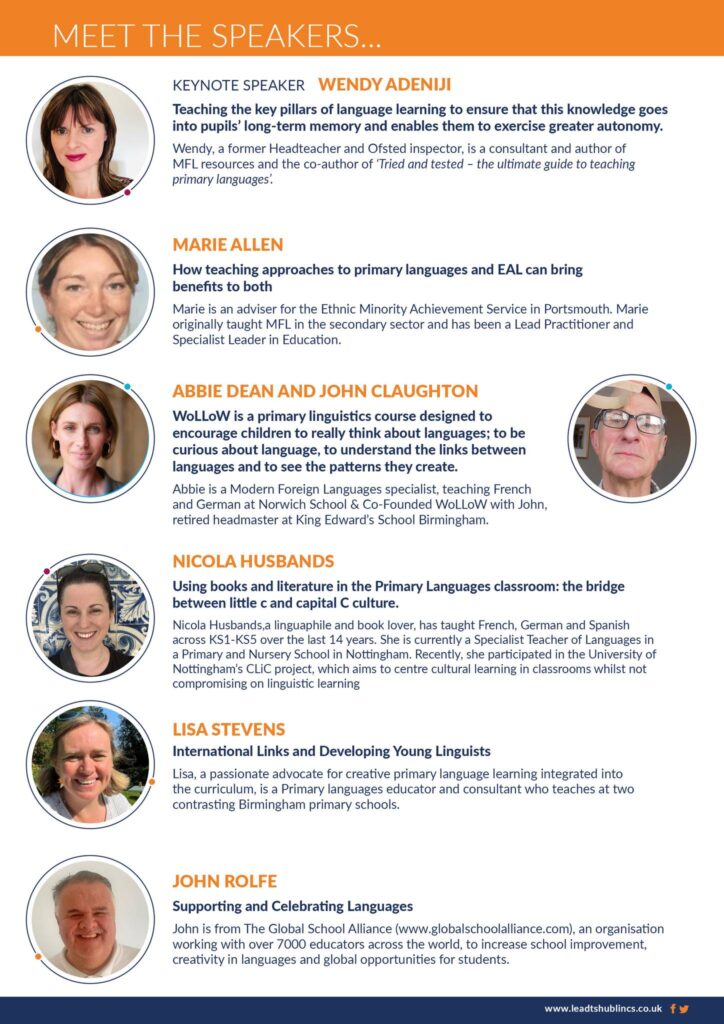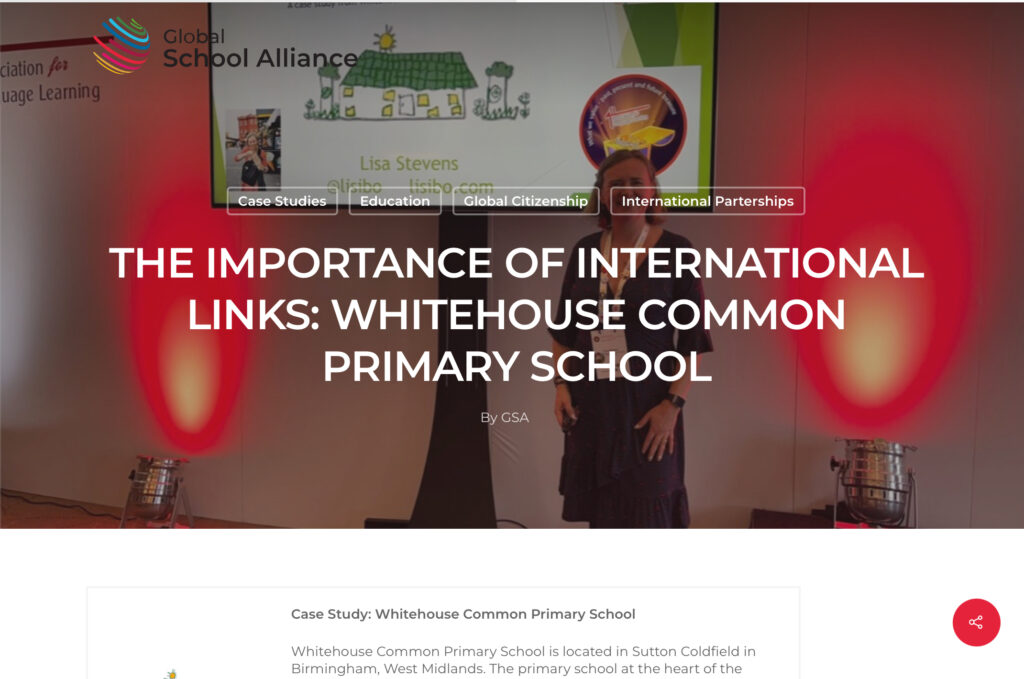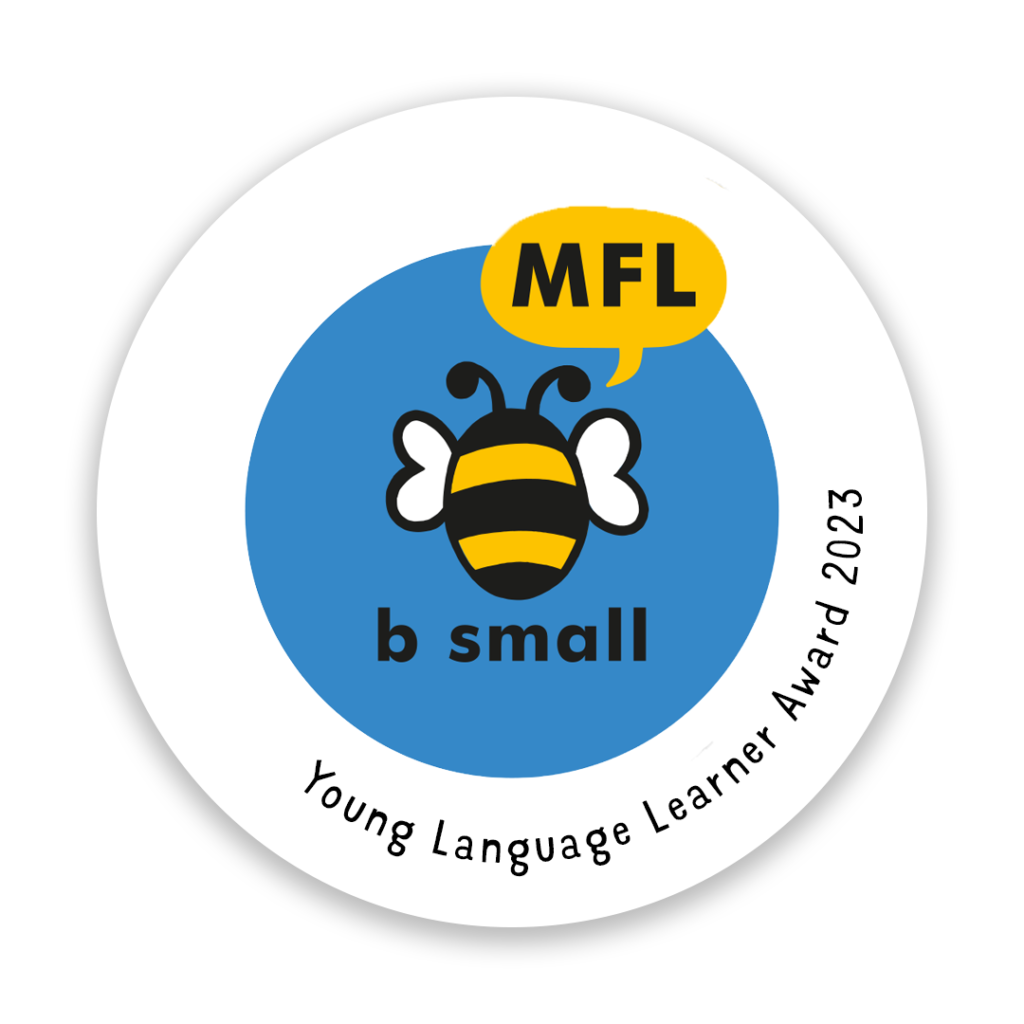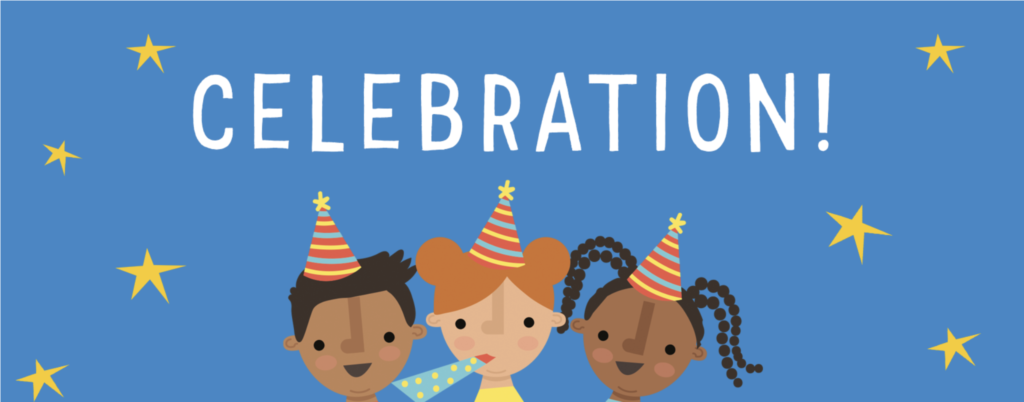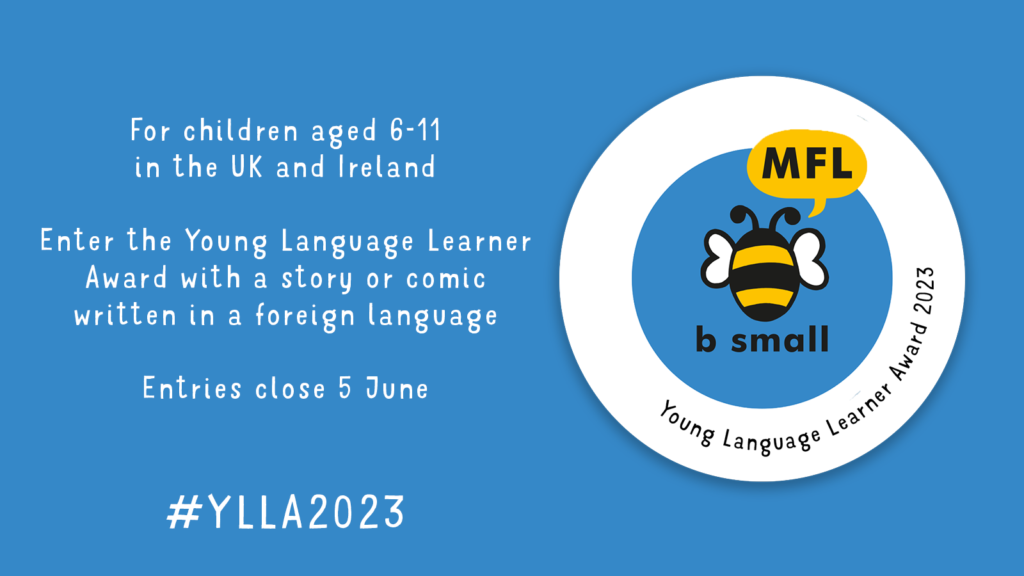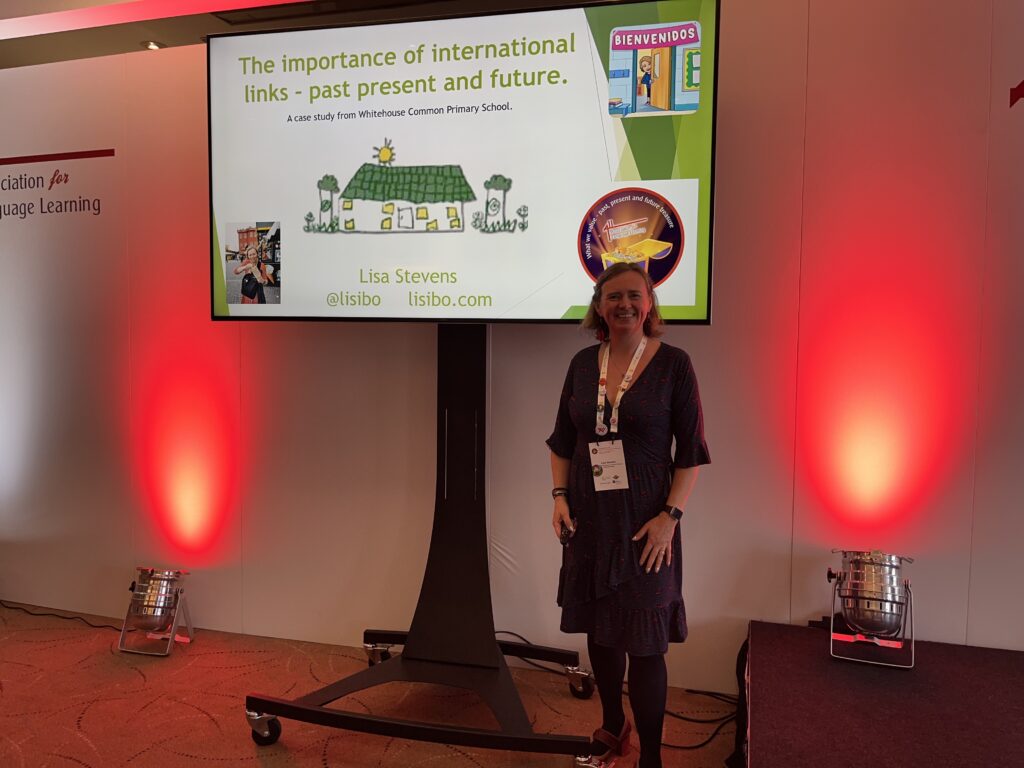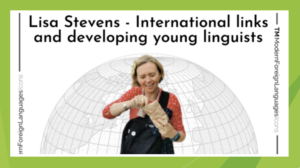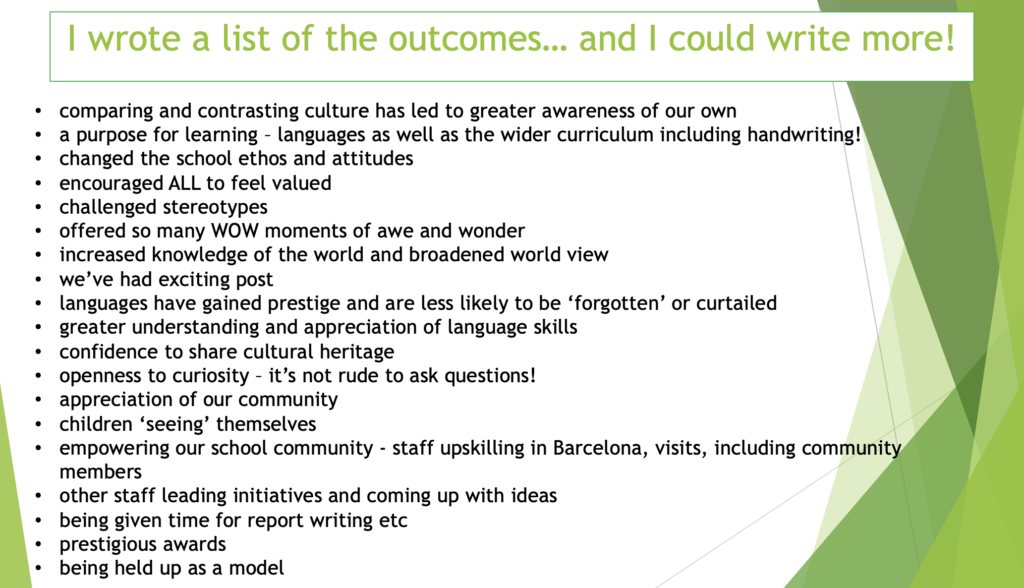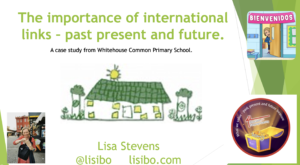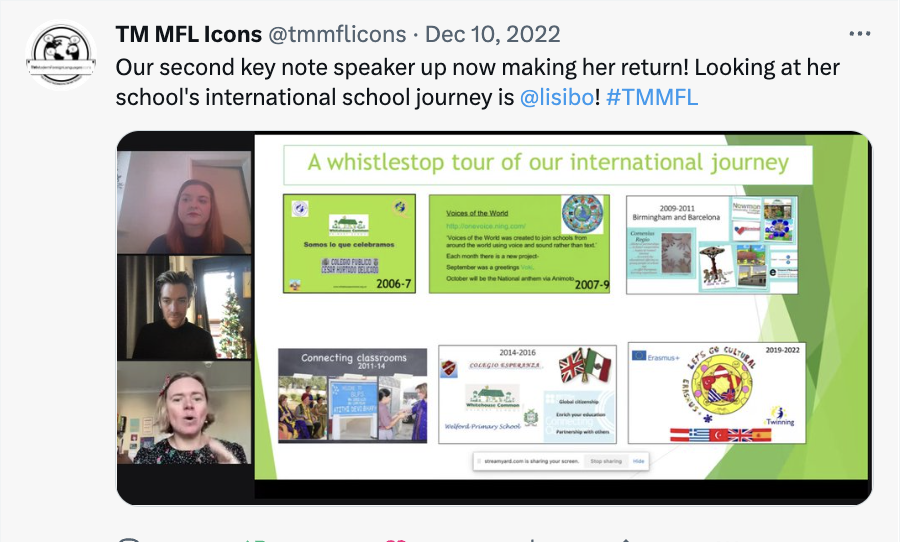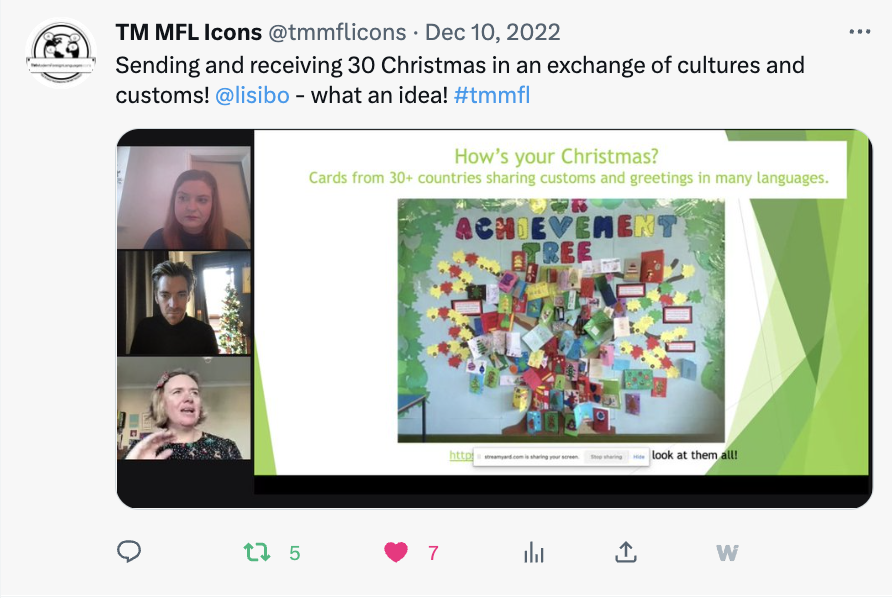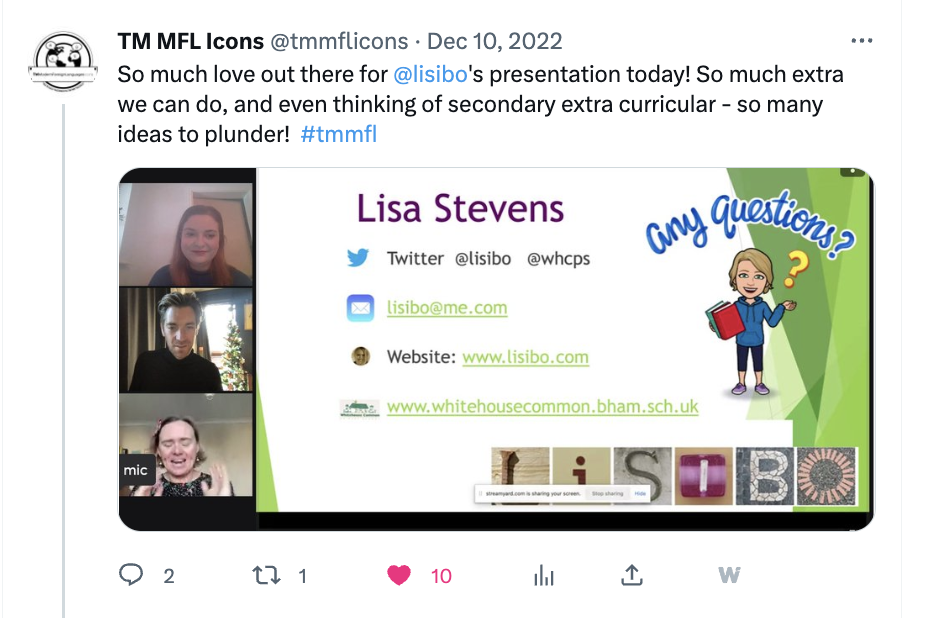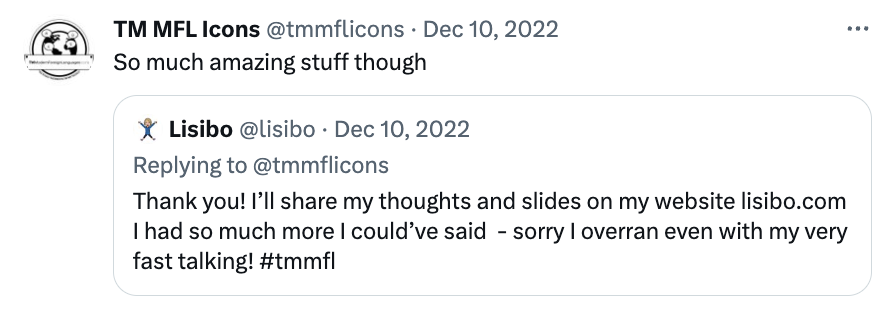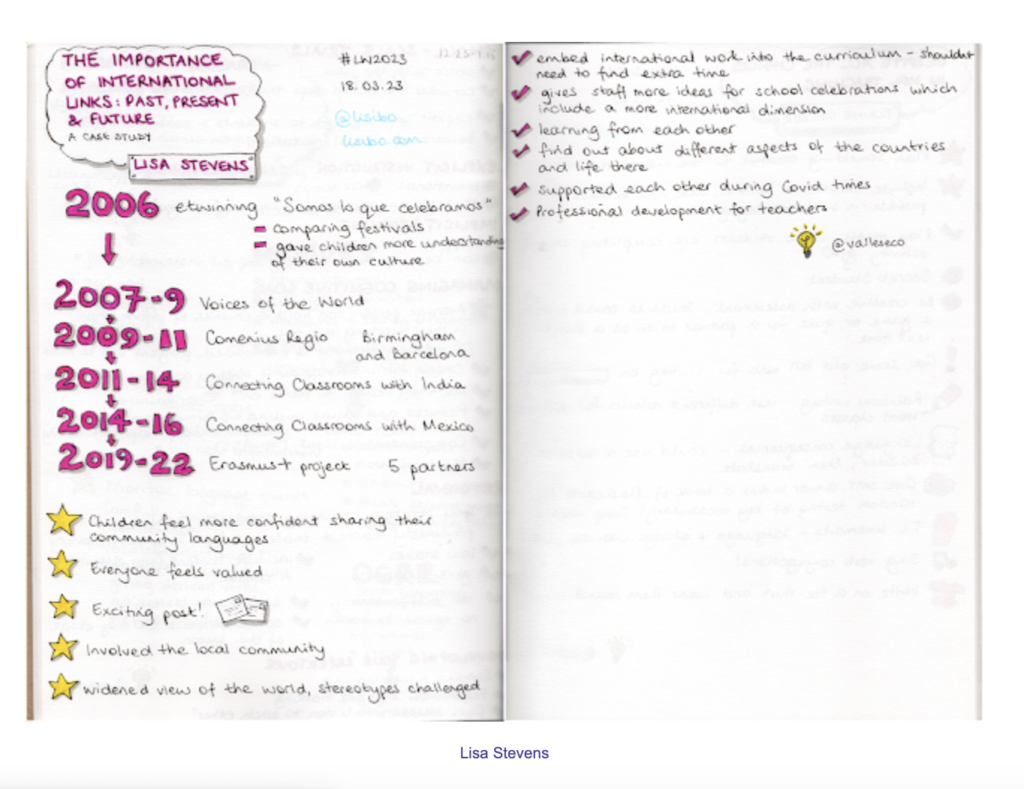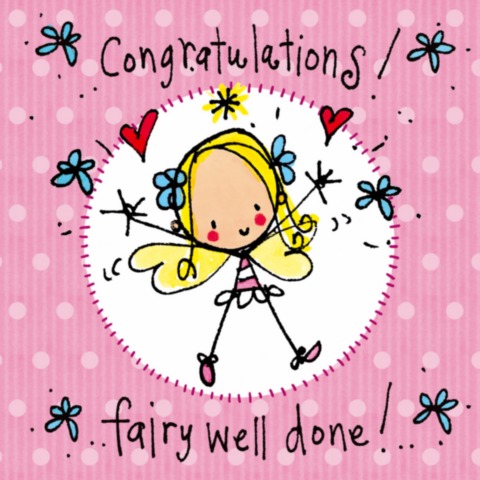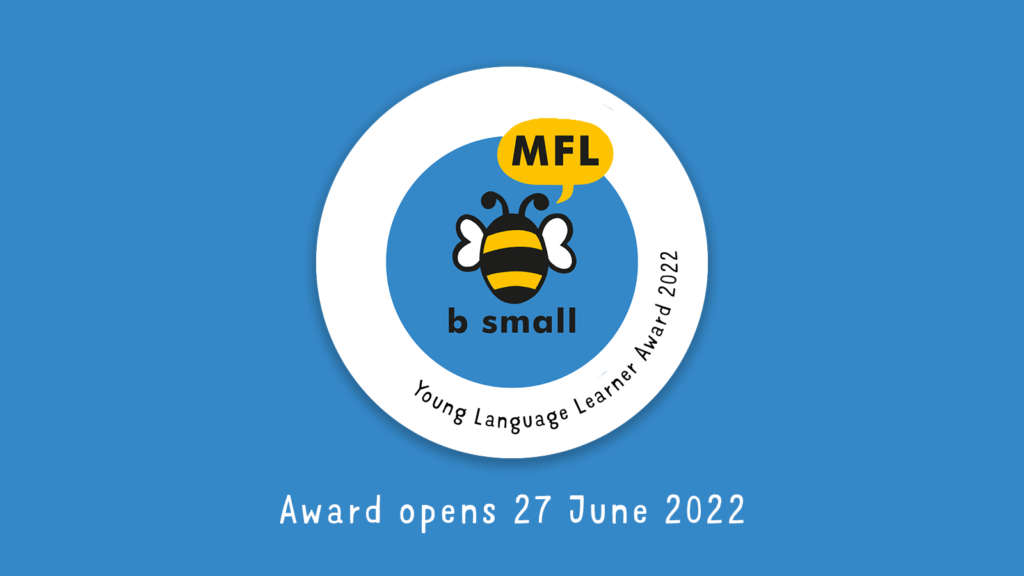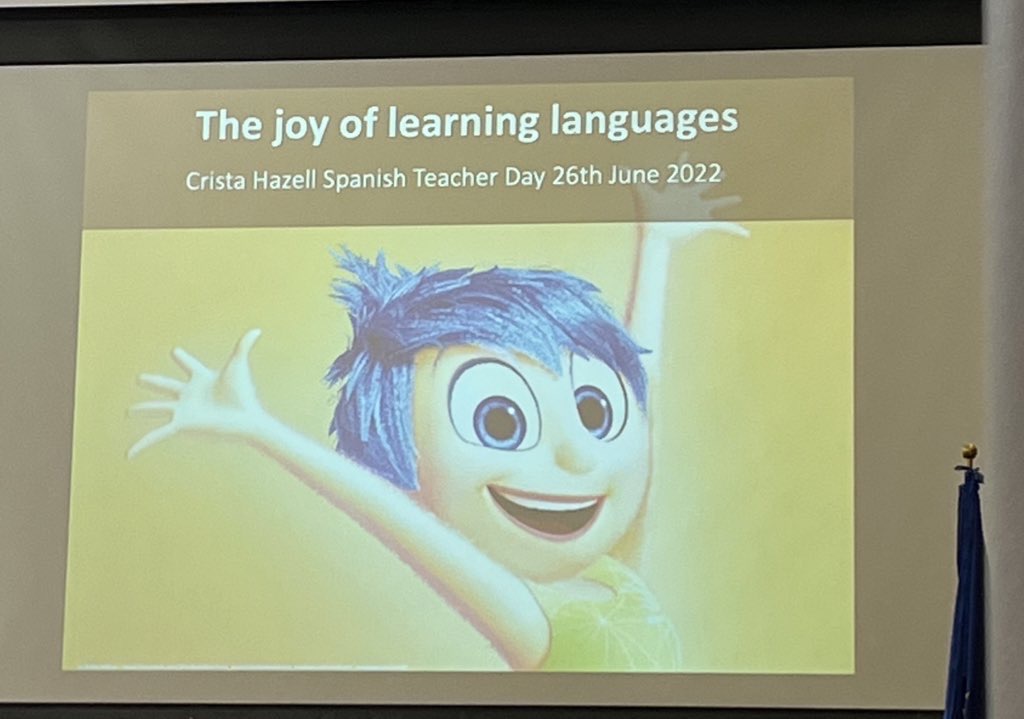I’ve noticed quite a few opportunities for upskilling in recent days, shared by the various cultural organisations, and thought I’d share some for those who may not have seen them. Some opportunities are cross phase and others are phase specific with several specifically aimed at primary practitioners.
SPANISH DAY FOR TEACHERS IN LEEDS – Sat, 16th March: The Spanish Embassy Education Office, the University of Leeds, and the Junta de Castilla y León are organizing a Spanish day in Leeds aimed at teachers of Spanish and future teachers from secondary, university, and further education.
There will be presentations and workshops with practical ideas for the Spanish class. A Spanish lunch will be served.
Registration is free, but places are limited (on a first come, first served basis). Information and free registration: https://bit.ly/spanish-day-in-leeds
——————————————————————————
Series of online workshops: from February 6 to March 19, 2024. 4 independent and online workshops.
-Next workshop, Saturday, February 27, 2024 (16:30-17:30): «Elemental querido Watson: misterios y enigmas en la clase de ELE», organized jointly with Andalucia TRADE and with the collaboration of CERVANTES ESCUELA INTERNACIONAL.
More information and free registration (before the 25th February): https://bit.ly/talleres-andalucia-feb-marzo-2024
——————————————————————————-
Face-to-face training days in collaboration with Edinumen:
– Saturday, March 2, 2024 (9:30-13:00) in Newcastle, organized jointly with the University of Newcastle and with the collaboration of the University of Alicante.
– Tuesday, March 5, 2024 (16:00-17:30), in London, in collaboration with the Instituto Cervantes.
Free registration and programme: https://www.educacionyfp.gob.es/reinounido/convocatorias-programas/formacion-profesorado/historico-formaciones/edinumen-marzo-2024.html
——————————————————————————
Grants for an immersion course in Spain (Ávila, Segovia and Santander) – Summer 2024
14 one-week immersion courses in July or August 2024 in Ávila, Segovia or Santander aimed at British/Irish teachers of Spanish.
The grant covers the course, accommodation and meals, as well as the cultural programme. The grant does not cover the journey to Spain or the return to the UK. Travel and/or health insurance is also not included
This call is not for Spanish nationals. Application period will be announced from March.
Further information and programmes: https://www.educacionyfp.gob.es/reinounido/convocatorias-programas/formacion-profesorado/historico-formaciones/cursos-verano-espana-uned-uimp-2024
——————————————————————————-
Immersion course in Santiago de Compostela (Spain), April 2014
Registration is now open for the Spanih teacher training course “Curso de actualización para el profesorado de ELE: lengua, cultura y didáctica” organised by the University of Santiago de Compostela.
Details
Dates: 8th – 12th April 2024
Number of hours: 20 (face-to face)
Contents:
• Nuevas tecnologías en el aula de ELE
• Dinámicas de proyecto, actividades cooperativas y pedagogías innovadoras
• Lengua y cultura española( literatura, cine y música)
• El Camino de Santiago en el aula el ELE
• Actividades culturales incluidas en el curso:
• Visita guiada a la ciudad monumental
• Visita guiada al Patrimonio Histórico artístico de la Universidad
More information about registration, prices and accomodation: gene.gonzalez@usc.es
———————————————————————
Immersion and methodology courses in Palencia, Salamanca, Burgos, Valladolid, Burgos and Segovia. Different dates throughout March, July, August and October 2024. https://www.educacionyfp.gob.es/reinounido/convocatorias-programas/formacion-profesorado/historico-formaciones/2024-cursos-mester.html
———————————————————————
· Let’s Get Started with German in Primary School (Berlin, 21.04.2024- 27.04.2024): This opportunity is fully funded and aimed at non- specialist primary teachers and their headteachers (England/ state school only), who intend to introduce German or strengthen the status of German at their schools. The programme consists of two strands: A combined language and pedagogical training course (A1/A2level) and a specially curated incentive trip. Participants can apply for this fully funded course by submitting a motivational letter (application deadline: 04.03.2024).
· German Teachers’ Day for secondary school teachers (Saturday, 24 February 2024): Join us for the German Teachers’ Day “Engaging Learners – Keep them keen” in London, organised by the Goethe-Institut in cooperation with ALL Association for Language Learning. Registration Deadline: 12.02.2024.
· Action-Oriented Teaching – Practical Approaches and Strategies (Online professional development): Discover the advantages of digital tools to actively engage students in this practice-oriented online course. Register by 12 February 2024.
· DLL – Deutsch Lehren Lernen: New courses starting in March: Would you like to expand or refresh your didactic knowledge, try out new things and expand your teaching skills? Two DLL courses (Deutsch Lehren Lernen) will be starting in March: DLL 2 “How do you learn German as a foreign language?” and DLL4 “Tasks, exercises, interaction”. Registration deadline: 27.02.2024.
Applications for Professional Enrichment Programme are now open
The Professional Enrichment Programme offers qualified UK teachers a funded opportunity to visit a German school for 1-2 weeks during the 2023-24 school year to develop skills and knowledge through intercultural exchange.
The programme is open to teachers of all disciplines and you don’t need to have an existing link with Germany to take part. Teachers can either visit their partner school or be matched with a German host school.
Application deadline: 1 March 2024
On Tuesday, 27 February at 4.30pm we are hosting a Q&A webinar to answer your questions and provide guidance. You can register to attend via our website.
More information: https://ukgermanconnection.org/pp/programmes/professional-enrichment-programme/
2024 French Summer School for Primary School Teachers

Location: Alliance Française de Normandie, Rouen, France
Date: Sunday 28 July 2024 to Sunday 4 August 2024
Eligibility: Primary School Teachers teaching French
Content: General French language group courses will be offered (20h) as well as 2 workshops focused on French phonics. This summer school is intended to help teachers upskill their proficency in the language in order to feel more confident in the classroom. Please note that the course will not cover the pedagogy of teaching French and will not provide any teaching materials or techniques.
Fees: Training fees, breakfast, dinner and accommodation in a French host-family are covered by the Institut français du Royaume-Uni. Travel expenses will be incurred by the participant.
More information and registration here

Arabic Language Teacher Training Bursary Programme
QFI will begin accepting applications for its 2024-2025 Arabic Language Teacher Training Bursary Programme in mid-February 2024. The bursary will provide £2,000 towards the costs of a language teacher training programme that offers placement in the Arabic language. In addition to these funds, QFI will provide accepted candidates additional support that includes mentorship and attendance to CPD events and conferences.
Interested applicants can apply here in mid-Feb or contact ukarabic@qfi.org with any questions.
_________________________________________________
Hopefully there’s something there that has caught someone’s eye. Perhaps I’ll highlight some other CPD opportunities in another post in the near future. There are certainly a few ALL opportunities in the next few weeks!


